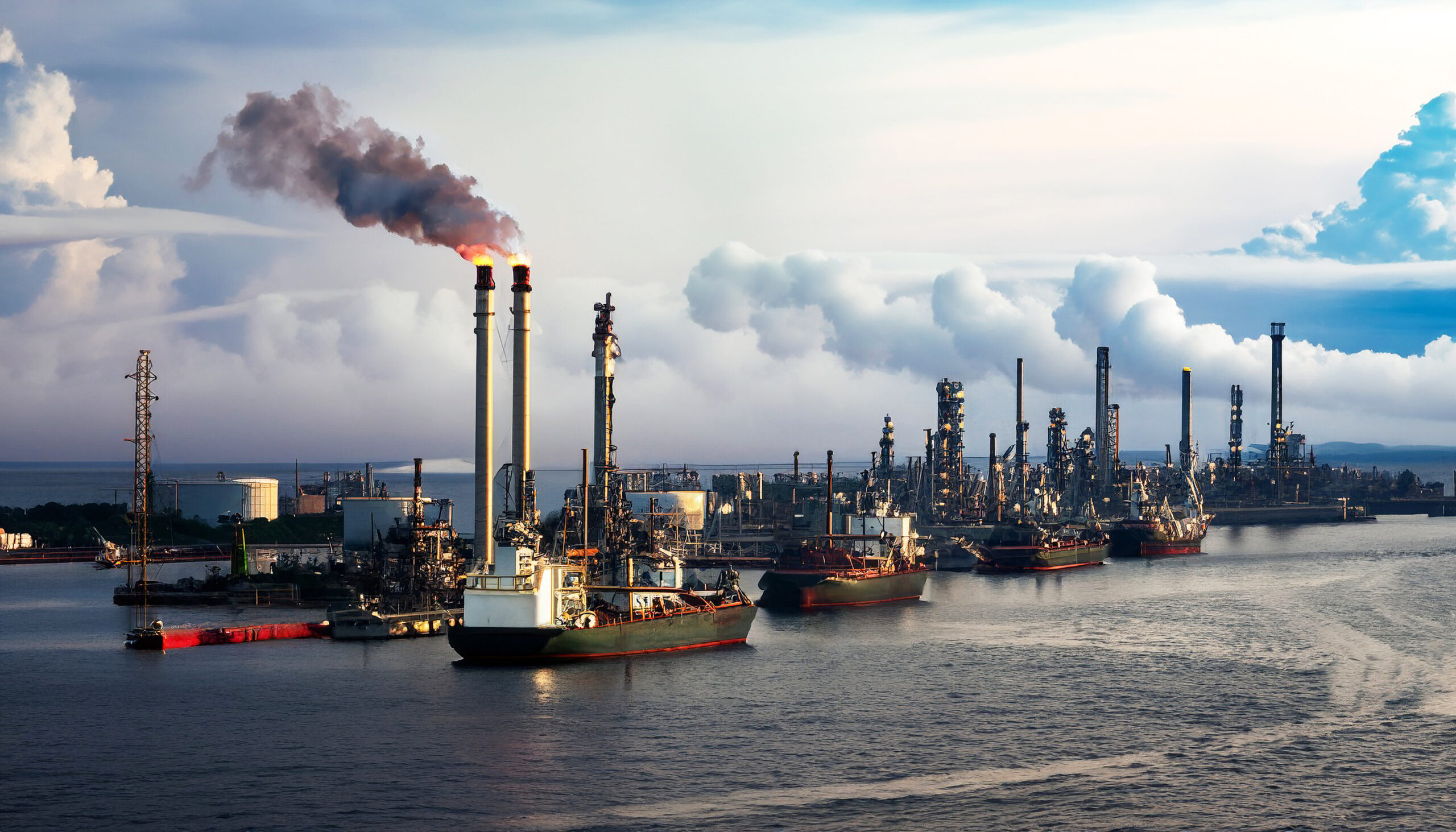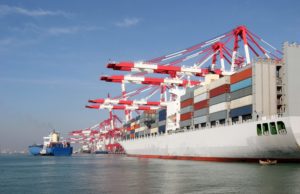The transition to scalable zero-emission marine fuels has the potential to create up to four million jobs across the energy supply chain by 2050, according to the Global Maritime Forum.
In a new study, the Global Maritime Forum suggests that the majority of these jobs will come from investments in building out of renewable energy generation capacity and will mostly be created over the 2030s when the intensity of investment will be highest.
Previous studies have suggested that the scale of investment needed to decarbonise international shipping could approach $2 trillion.
Last year, member states of the International Maritime Organization (IMO) agreed to an end date for fossil fuel consumption by targeting net-zero greenhouse gas (GHG) emissions “by or around” 2050.
This study considers an illustrative scenario in which e-fuels become the future energy source for international shipping based on energy demand projections conducted by RMI.
RMI’s projections show that shipping’s demand for e-fuels could rapidly scale to over 500 million tonnes by 2040 if e-fuels dominate the fuel mix and decarbonisation aligns with the IMO’s striving indicative checkpoints. In this scenario, demand growth beyond 2040 would be more modest, rising to around 600 million tonnes by 2050.
The development and operation of renewables and infrastructure to produce e-fuels for shipping could, according to the analysis, create between one and four million green jobs worldwide in the 2030s.
The building-out of this capacity will positively impact job creation across the three main phases of the supply chain: renewable energy generation, hydrogen production, and e-fuel production.
The report reckons that we can see that much of this job creation will most likely happen in the 2030s, due to the enormous capital investments into infrastructure expected that decade.



